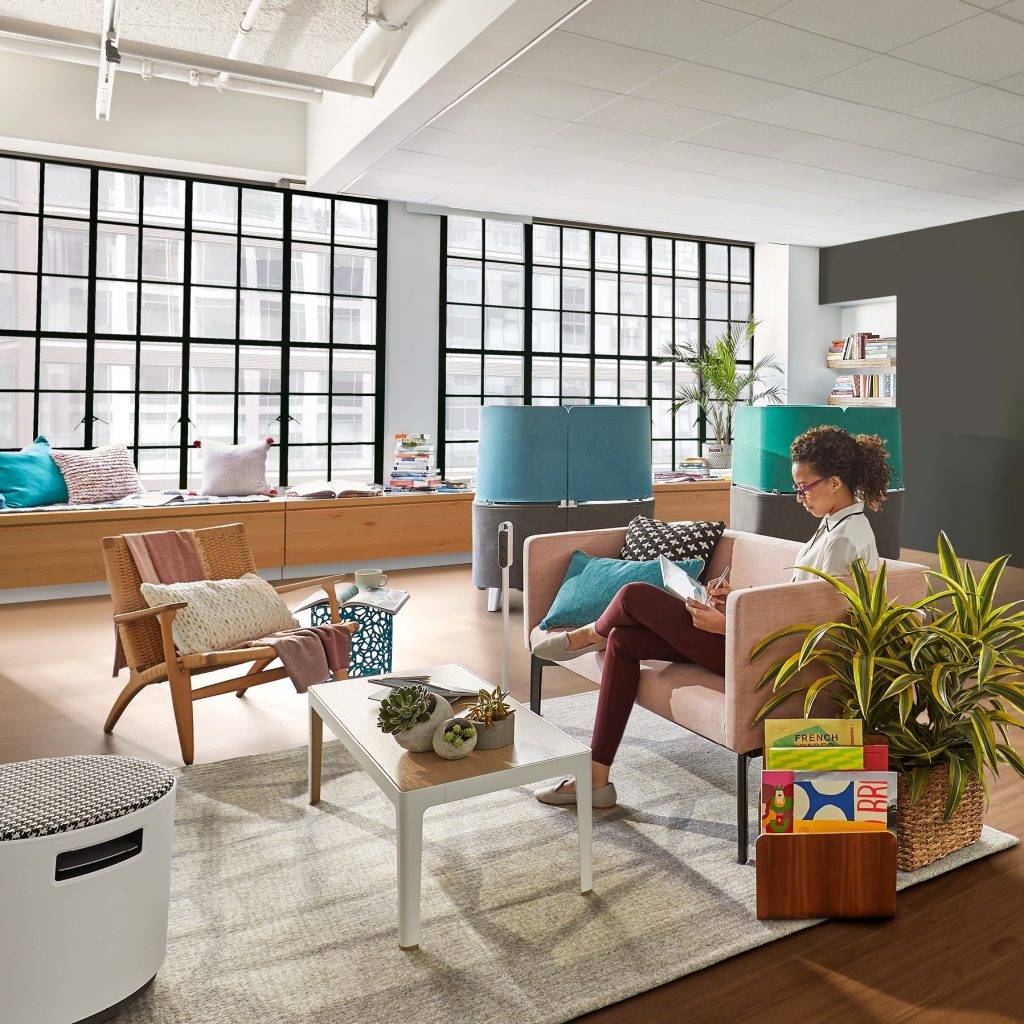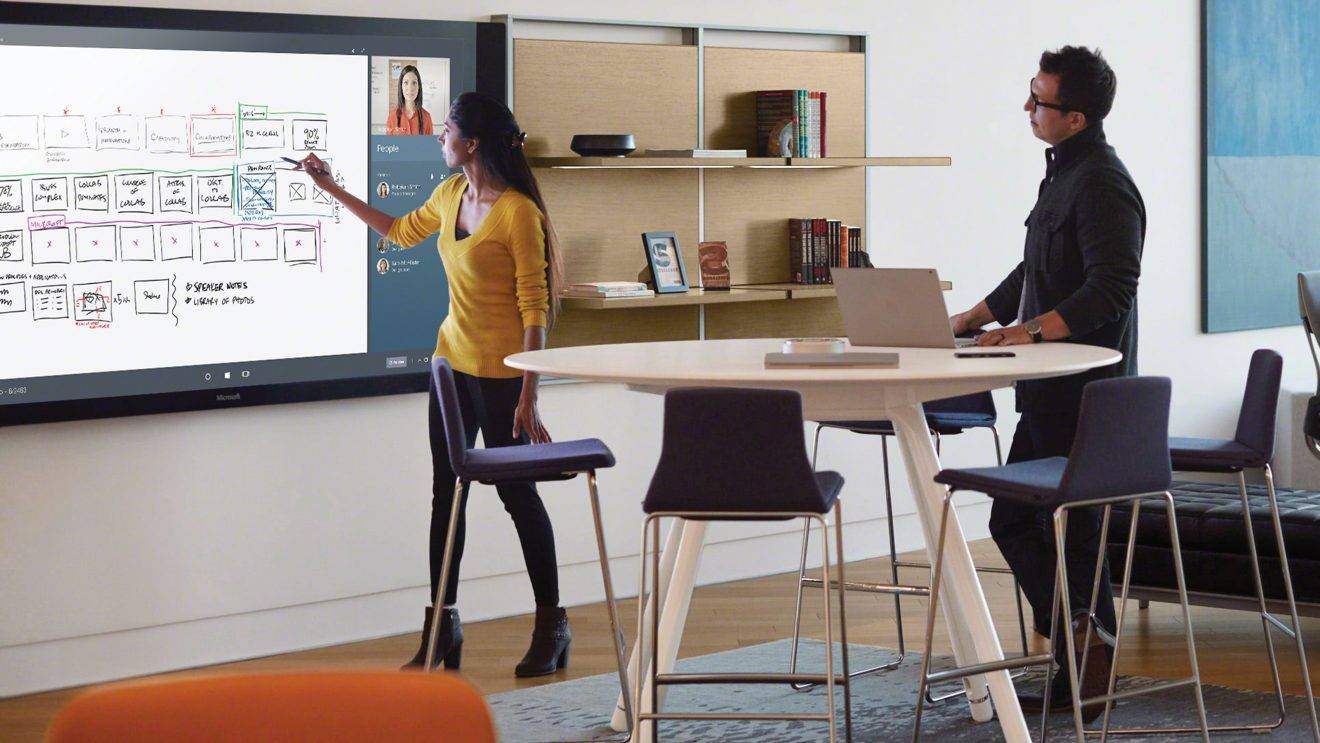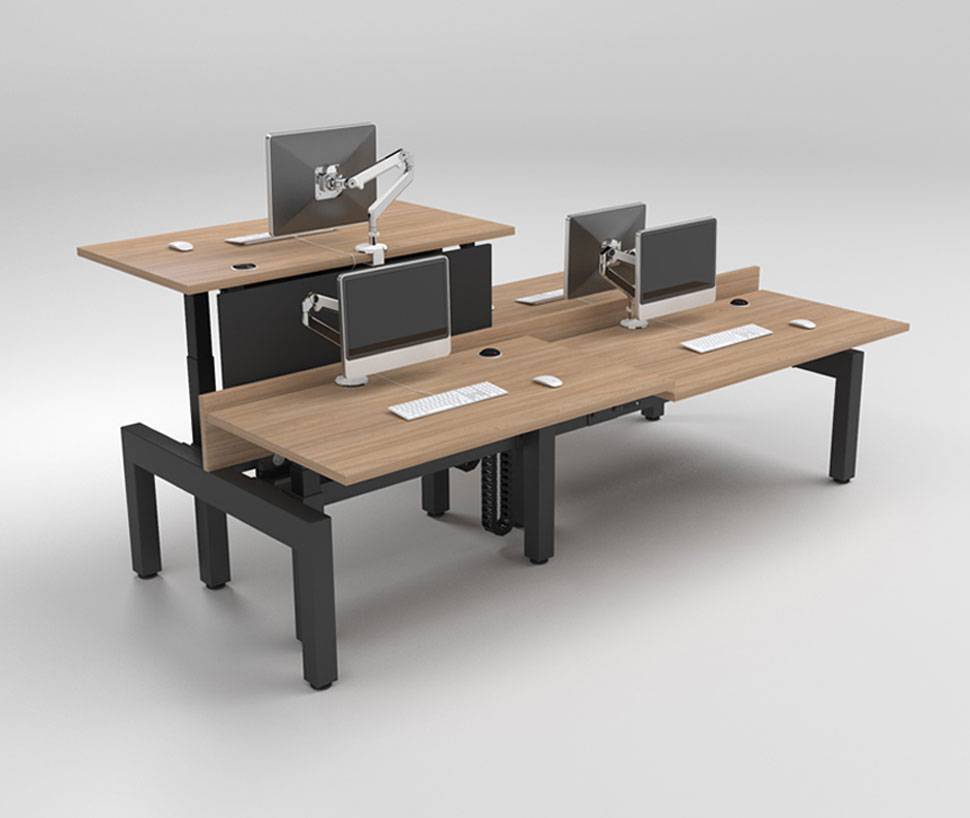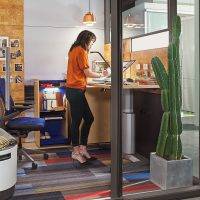June 9, 2017
Majority of employees do not think their company culture is embracing the digital age 0
 A majority of employees (62 percent) believe their company culture is one of the biggest hurdles in the journey to becoming a digital organisation, and this is putting companies at risk in falling behind competition in today’s digital environment claims a new report. The Digital Culture Challenge: Closing the Employee-Leadership Gap published by Capgemini, and Brian Solis, a prominent digital analyst and world renowned author, uncovers a significant perception gap between the senior leadership and employees on the existence of a digital culture within organisations. While 40 percent of senior-level executives believe their firms have a digital culture, only 27 percent of the employees surveyed agreed with this statement. The survey asked respondents to assess their companies’ digital culture based on seven attributes: their collaboration practices, innovation, open culture, digital-first mindset, agility and flexibility, ‘customer centricity’ and a data-driven culture. Insights gathered from the report, and through a series of focus interviews, helped to identify some of the reasons behind this digital culture gap including senior leaders failing to communicate a clear digital vision to the company, the absence of digital role models and a lack of KPIs aligned to digital transformation goals.
A majority of employees (62 percent) believe their company culture is one of the biggest hurdles in the journey to becoming a digital organisation, and this is putting companies at risk in falling behind competition in today’s digital environment claims a new report. The Digital Culture Challenge: Closing the Employee-Leadership Gap published by Capgemini, and Brian Solis, a prominent digital analyst and world renowned author, uncovers a significant perception gap between the senior leadership and employees on the existence of a digital culture within organisations. While 40 percent of senior-level executives believe their firms have a digital culture, only 27 percent of the employees surveyed agreed with this statement. The survey asked respondents to assess their companies’ digital culture based on seven attributes: their collaboration practices, innovation, open culture, digital-first mindset, agility and flexibility, ‘customer centricity’ and a data-driven culture. Insights gathered from the report, and through a series of focus interviews, helped to identify some of the reasons behind this digital culture gap including senior leaders failing to communicate a clear digital vision to the company, the absence of digital role models and a lack of KPIs aligned to digital transformation goals.













 The British Institute of Facilities Management (BIFM) has issued updated guidance to help in-house FM teams understand what is involved in managing and changing space. The revised Space Planning and Management Good Practice Guide aims to provide practical advice on the tools and techniques that can be deployed when planning and managing space, clearly illustrating the processes involved and enabling facilities managers to set overarching space management strategies for their organisation. Key areas covered in the guide include space demands, strategy and standards, programming and managing projects and the technologies available to help with the process. The guide has been updated by its original author Joanna Eley, director of Alexi Marmot Associates.
The British Institute of Facilities Management (BIFM) has issued updated guidance to help in-house FM teams understand what is involved in managing and changing space. The revised Space Planning and Management Good Practice Guide aims to provide practical advice on the tools and techniques that can be deployed when planning and managing space, clearly illustrating the processes involved and enabling facilities managers to set overarching space management strategies for their organisation. Key areas covered in the guide include space demands, strategy and standards, programming and managing projects and the technologies available to help with the process. The guide has been updated by its original author Joanna Eley, director of Alexi Marmot Associates.































June 2, 2017
Sprinkling a little stardust on the workplace design debate
by Mark Eltringham • Comment, Facilities management, Workplace, Workplace design
(more…)